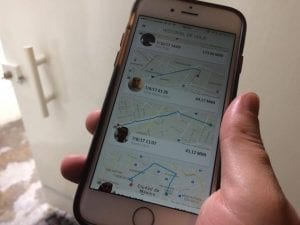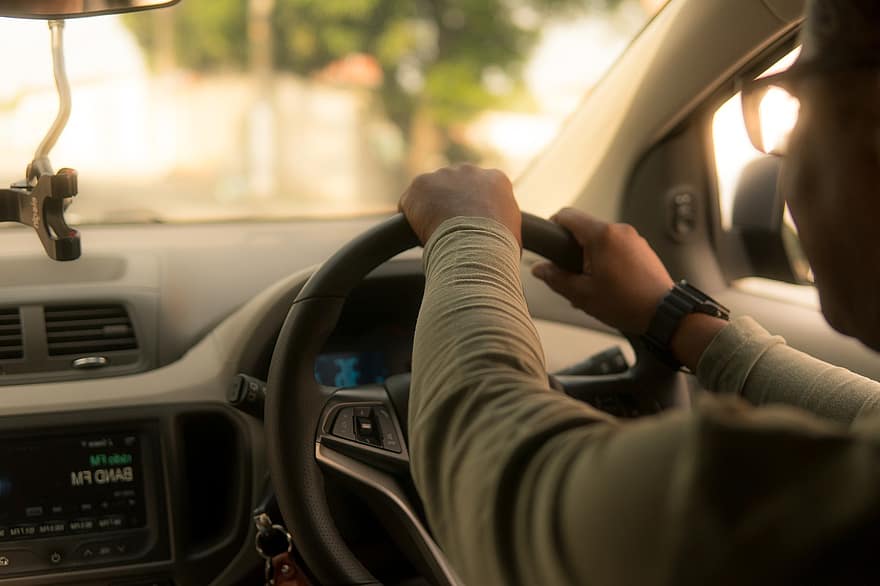The companies are threatening to suspend operations after a California judge ordered them to classify their drivers as employees.
Days after a California court determined that Uber and Lyft erroneously classified their drivers as independent contractors rather than employees, both rideshare companies are considering suspending operations in the state.
California—as LegalReader reported earlier this month—sued Uber and Lyft in May, alleging both had violated a recently-passed labor law. The provisions of that law, which went into effective this past January, require businesses which hire independent contractors to prove that their contractors are, in fact, independent. To do that, companies must show that contractors are sufficiently free from corporate control in schedule and function.
While Uber had long contended that its business is technology—not the provision of rideshare services—that argument was dismantled by Superior Court Judge Ethan Schulman on Monday, August 11th.

“To state the obvious,” Schulman said, “drivers are central, not tangential, to Uber and Lyft’s entire ride-hailing business.”
Schulman sided with California, giving Uber and Lyft until Friday to reclassify their contractors as proper employees. As employees, drivers would be entitled to benefits such as unemployment insurance, disability, and overtime pay.
However, Uber Chief Executive Dara Khosrowshahi and Lyft President John Zimmer have since said they would rather suspend operations in California outright than restructure their longstanding business models.
On Wednesday, Khosrowshahi—speaking on a Pivot School podcast—said that “hiring” California drivers overnight is not a practical option.
“We can’t go out and hire 50,000 people overnight,” Khosrowshahi said. “Everything that we have built is based on this platform that […] brings people who want transportation or delivery together. You can’t flip that overnight.”
Of course, neither company seems set on pulling out of California permanently, regardless of what Schulman ruled or where appeals may go.
Khosrowshahi, for instance, said that Uber is considering a franchise-type model that would let fleets to small businesses.
“There’s a black car service that we have that’s based on fleets,” Khosrowshahi told Pivot School. “And we are trying to figure out exactly what we do going forward.”
However, Khosrowshahi did caution that any such changes would not only limit the number of available Uber drivers, but would cause prices to rise, too. Khosrowshahi also reiterated a form the argument that Uber made in court—that only a minority of the app’s drivers actually want to be full-time rideshare employees.
Khosrowshahi estimated that about 80% of Uber drivers only log into the app between five and ten times per week; if Schulman’s ruling cannot be discarded, then most of those drivers could not be hired as part- or full-time workers.
The Wall Street Journal notes that, no matter what happens, many Uber drivers are worried for the future.
Jerome Gage, who says Uber is his full-time job, told the Journal that he supports a transition away from contract work but is nonetheless nervous about Uber’s priorities.
“They’re playing with people’s lives, threatening a shutdown,” Gage said. “I’m scared I’ll have to find another source of income. They treat us like it’s all about them and their bottom line.”
Sources
Uber and Lyft Threaten California Shutdown: Here’s What’s at Stake
Uber CEO on the fight in California: ‘We can’t go out and hire 50,000 people overnight’


Join the conversation!